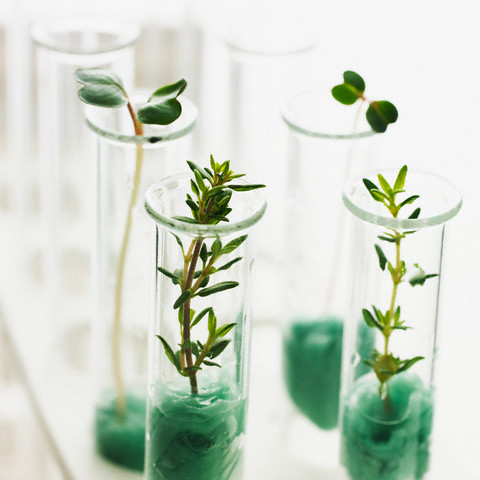International Journal of Pure & Applied Bioscience (IJPAB)
Year : 2018, Volume : 6, Issue : 2
First page : (898) Last page : (905)
Article doi: : http://dx.doi.org/10.18782/2320-7051.6199
Socio-personal Profile of Agriculture and Animal Science Undergraduates
Nukala Ramesh1*, M. P. Sagar2, Kannadhasan M. S. 1 and Karthikeyan Anbazhagan1
1Ph.D. Scholars, ICAR- Indian Veterinary Research Institute, Izzatnagar- 243122, Bareilly, UP
2Principal Scientist and Head, Technology Transfer section ICAR-Central Avian Research Institute,
Izzatnagar- 243122, Bareilly, UP
*Corresponding Author E-mail: ramesh.vet80@gmail.com
Received: 25.01.2018 | Revised: 2.03.2018 | Accepted: 7.03.2018
ABSTRACT
Agriculture is an important sector of the Indian economy, accounting for 14.40 per cent of the nation’s GDP, about 10.23 per cent of its exports, to an estimate of 52.00 per cent of the population still relies on agriculture as its principal source of income and also act as a source of raw material for large number of industries (Anonymous, 2012-2013). Apart from contributing to the nation economy, Agriculture remains an integral part of the rural society and culture. Development of agriculture sectors would either directly results in the improvement of rural society. Education is a key factor playing lead role in achieving the diversified goals of development. Agricultural universities assumes responsibility to contribute for improving the standard of rural living. The primary purpose of any agricultural universities apart from research and extension activities is to produce skilled and trained manpower “Agricultural Graduates” to meet the service based needs of the Indian farming community. Every year graduates passing out from agriculture and allied sector universities find it difficult to acquire an appropriate job with a reasonable wage packages. On the other hand, there is acute shortage of skilled and trained manpower in agricultural related sectors, especially in private organizations. To certain extend the social-personnel characteristics of the undergraduates would have direct or indirect impact on their career preference and career development. Keeping in mind this notion, the study has been carried out in Agricultural and allied universities of the Telangana State. Results revealed that one-third of undergraduates belonged to very young age, every four out five responders come across were belonged to Hindu religion. Half of the responder’s fall under OBC category and similarly half of the respondents hailed from rural area with negligible gender variation. Majority belonged to nuclear family with three to five family members. Semi of the respondents had medium level of family education and 40.00 per cent of them had low family income with 30.00 per cent of the respondents’ parents hold agriculture as main occupation followed by business (25.00 %).
Key words: Socio-personnel profile, Agriculture, Animal Science, Undergraduates
Full Text : PDF; Journal doi : http://dx.doi.org/10.18782
Cite this article: Ramesh, N., Sagar, M.P., Kannadhasan, M.S. and Anbazhagan, K., Socio-personal Profile of Agriculture and Animal Science Undergraduates, Int. J. Pure App. Biosci.6(2): 898-905 (2018). doi: http://dx.doi.org/10.18782/2320-7051.6199





